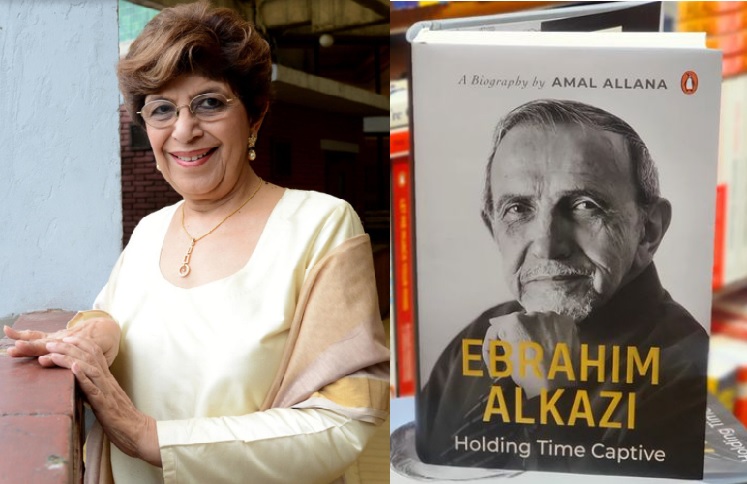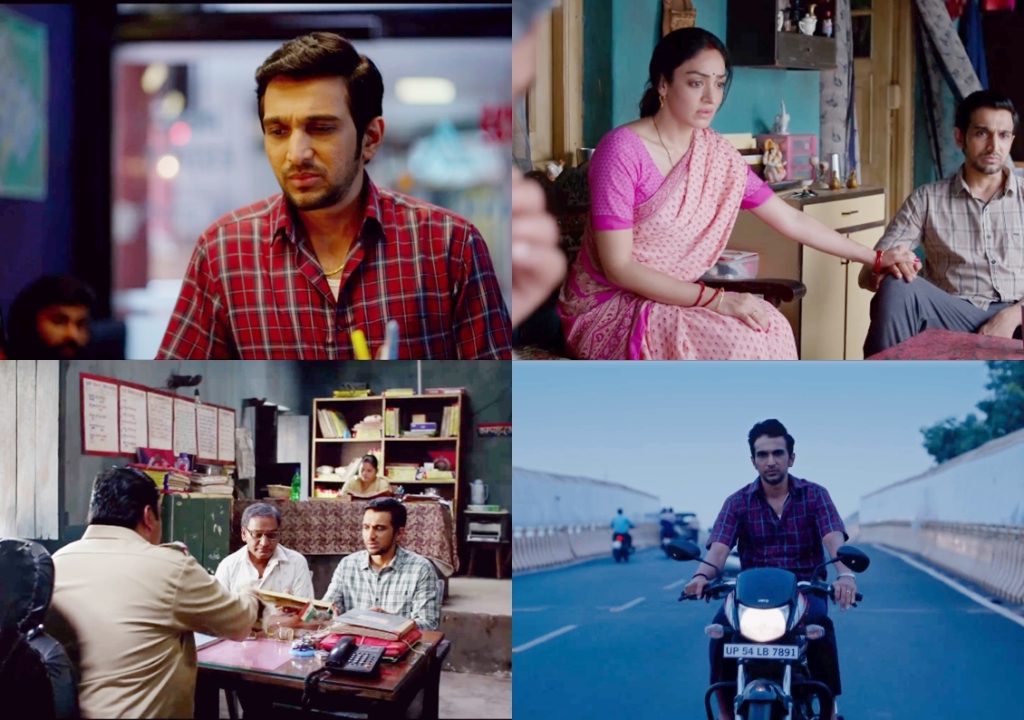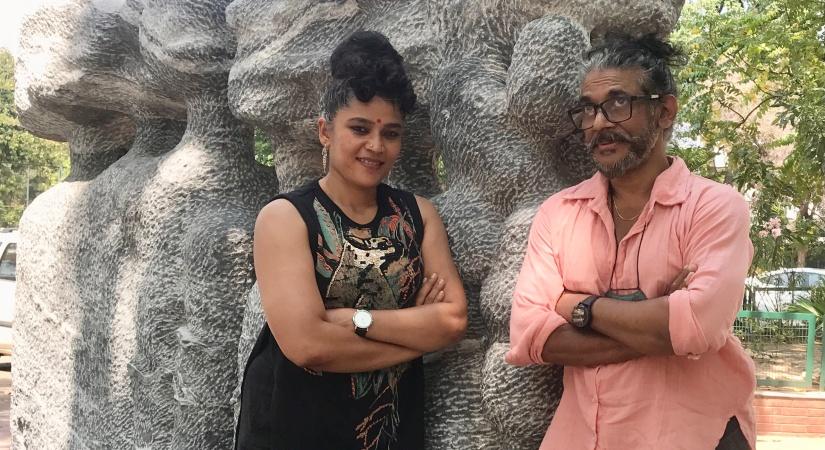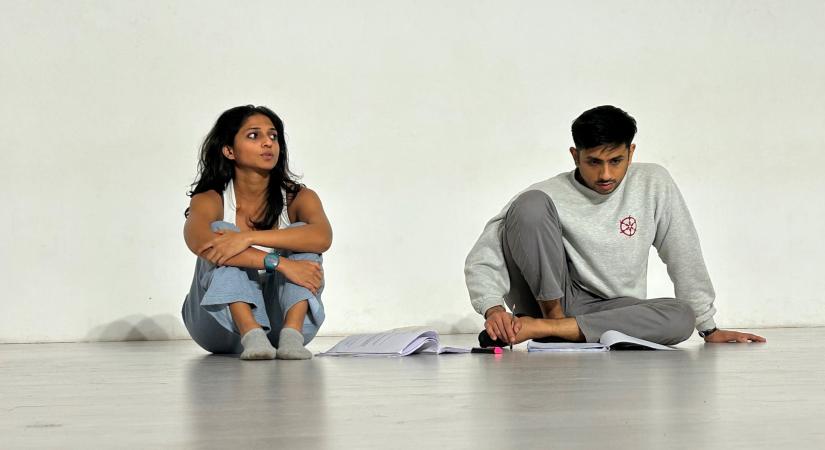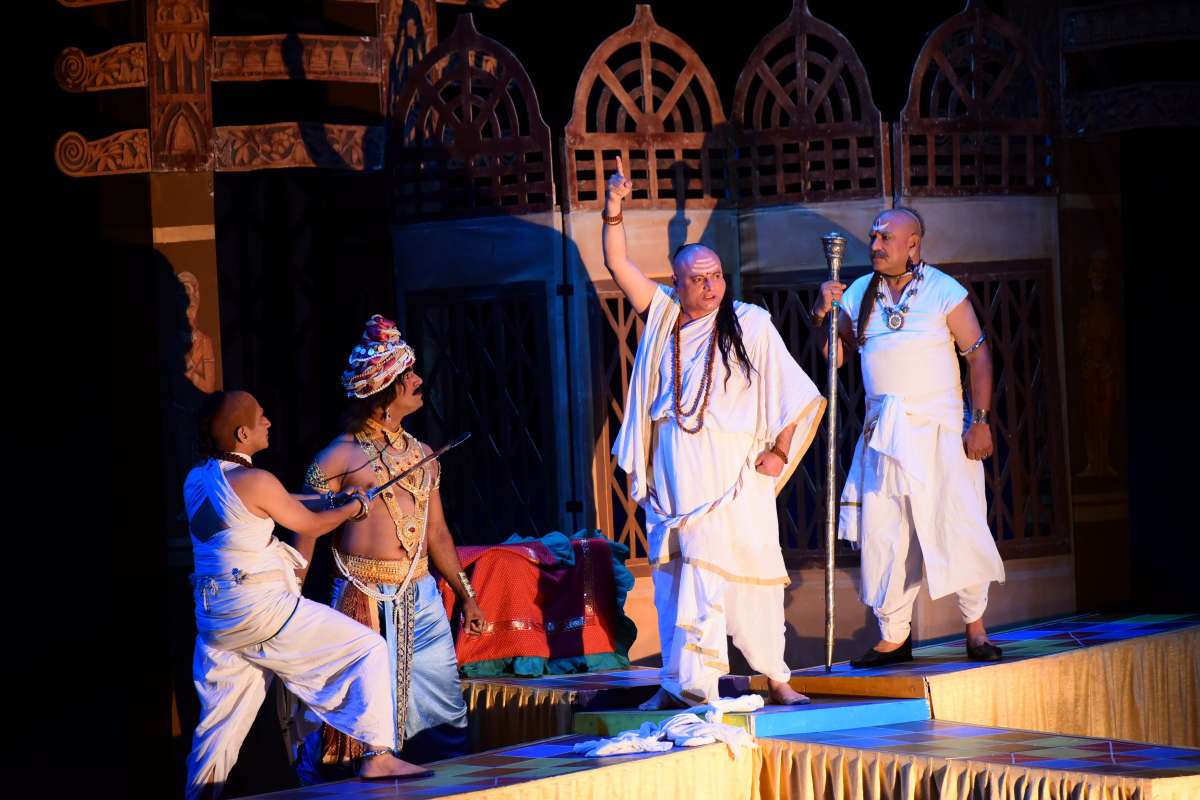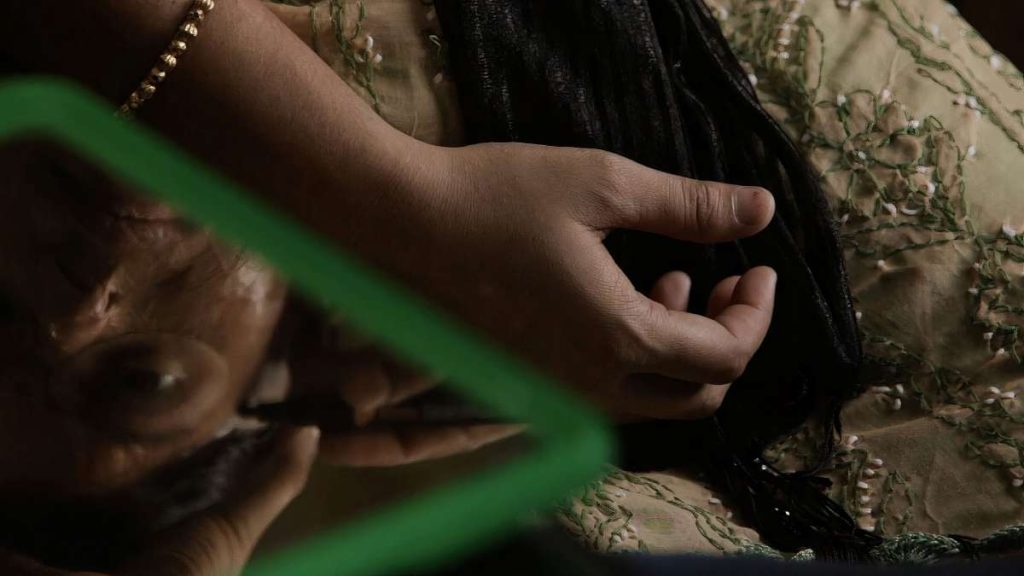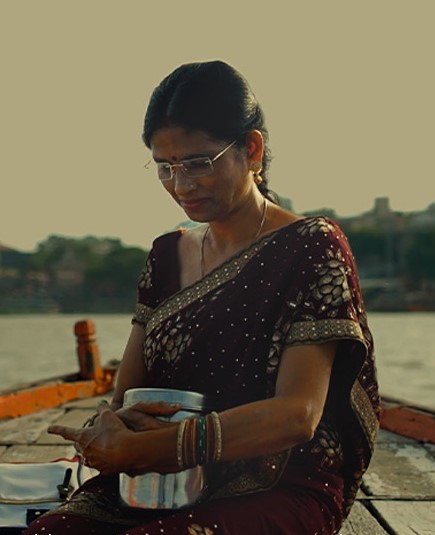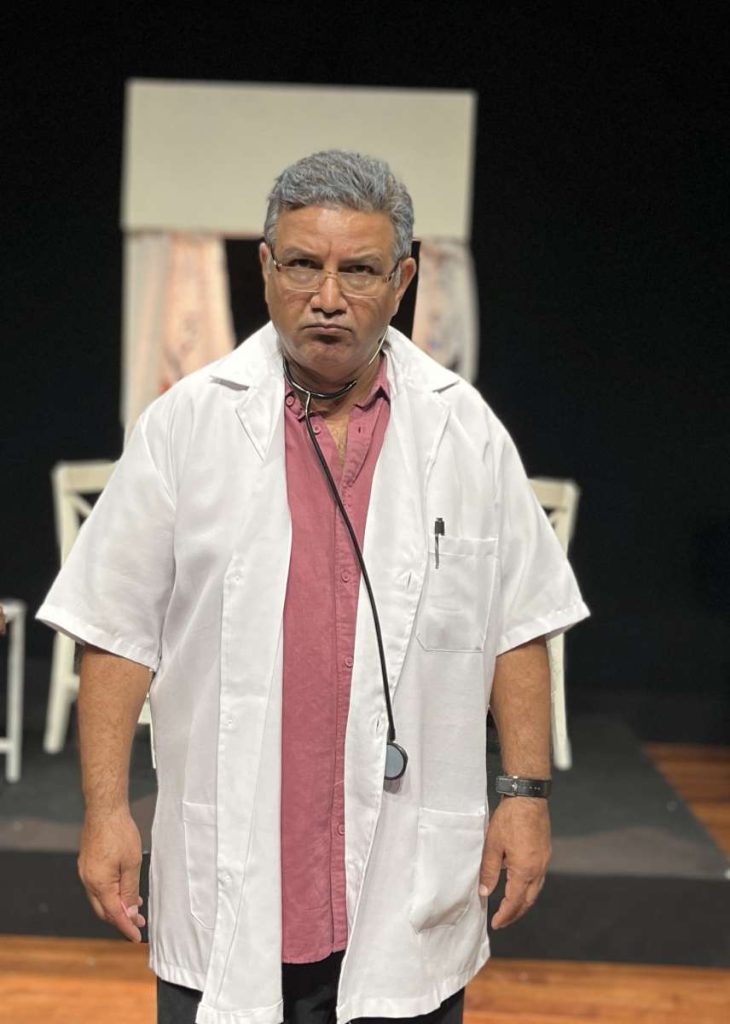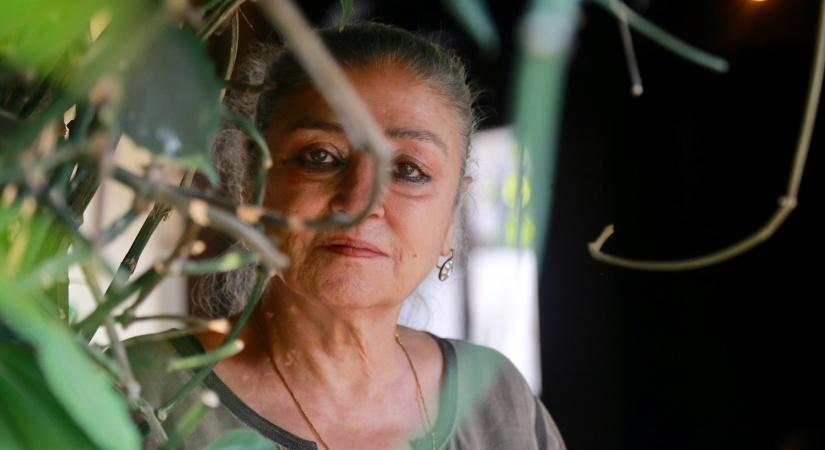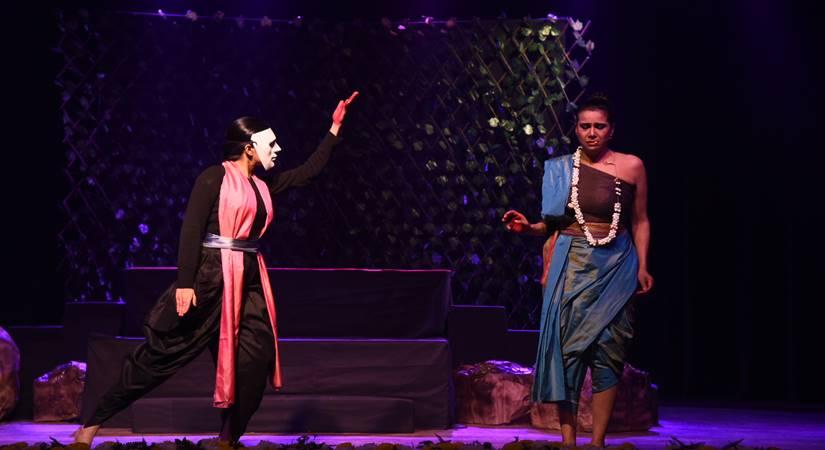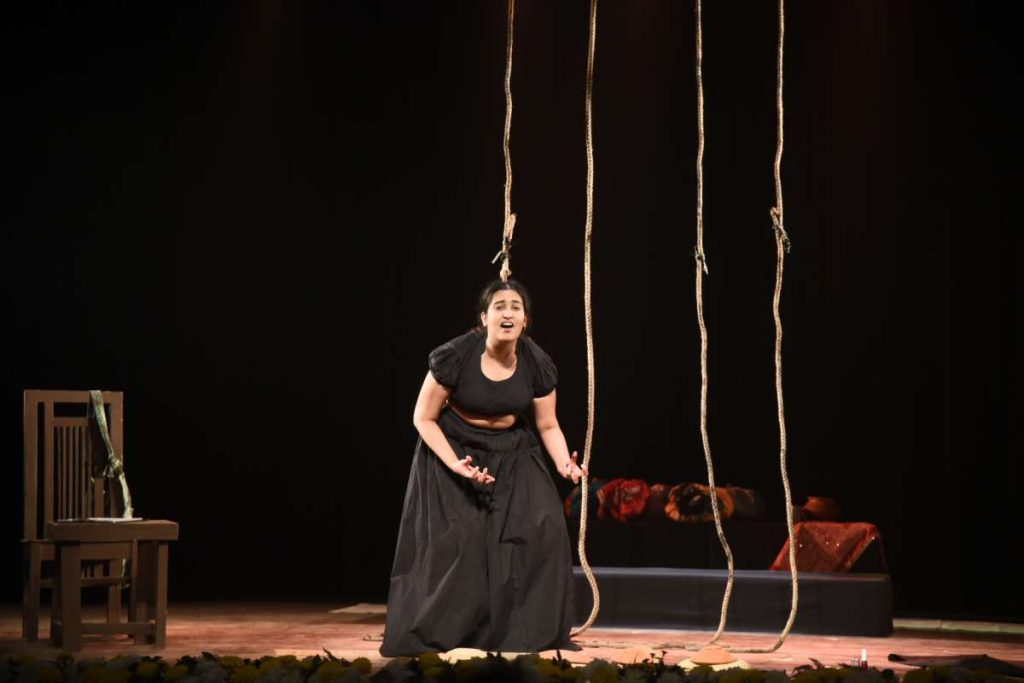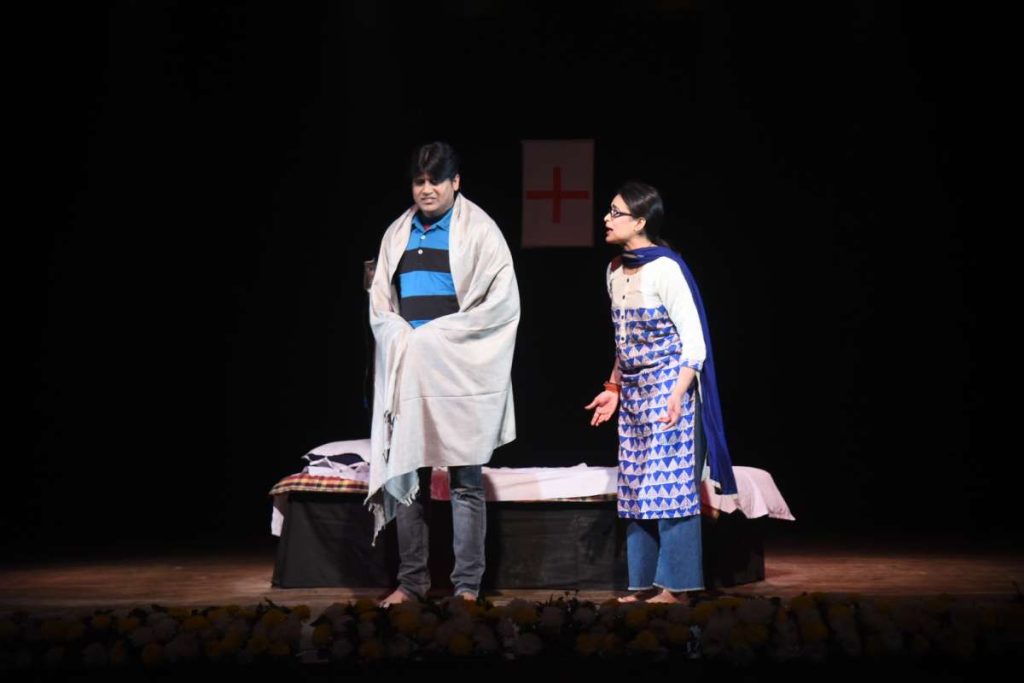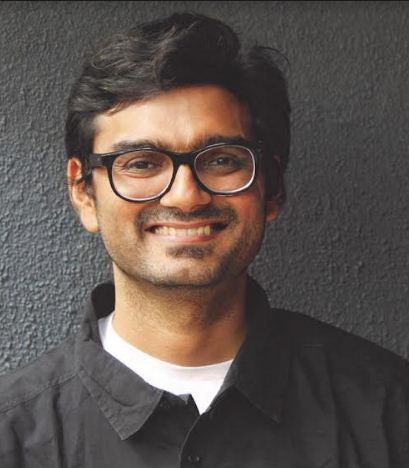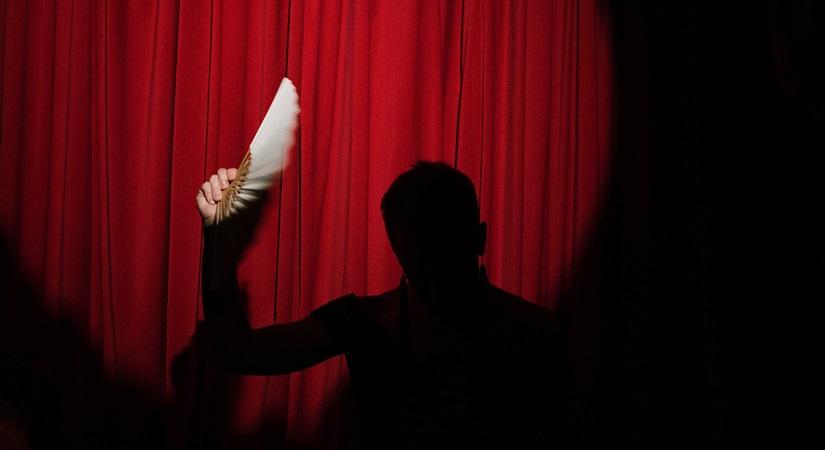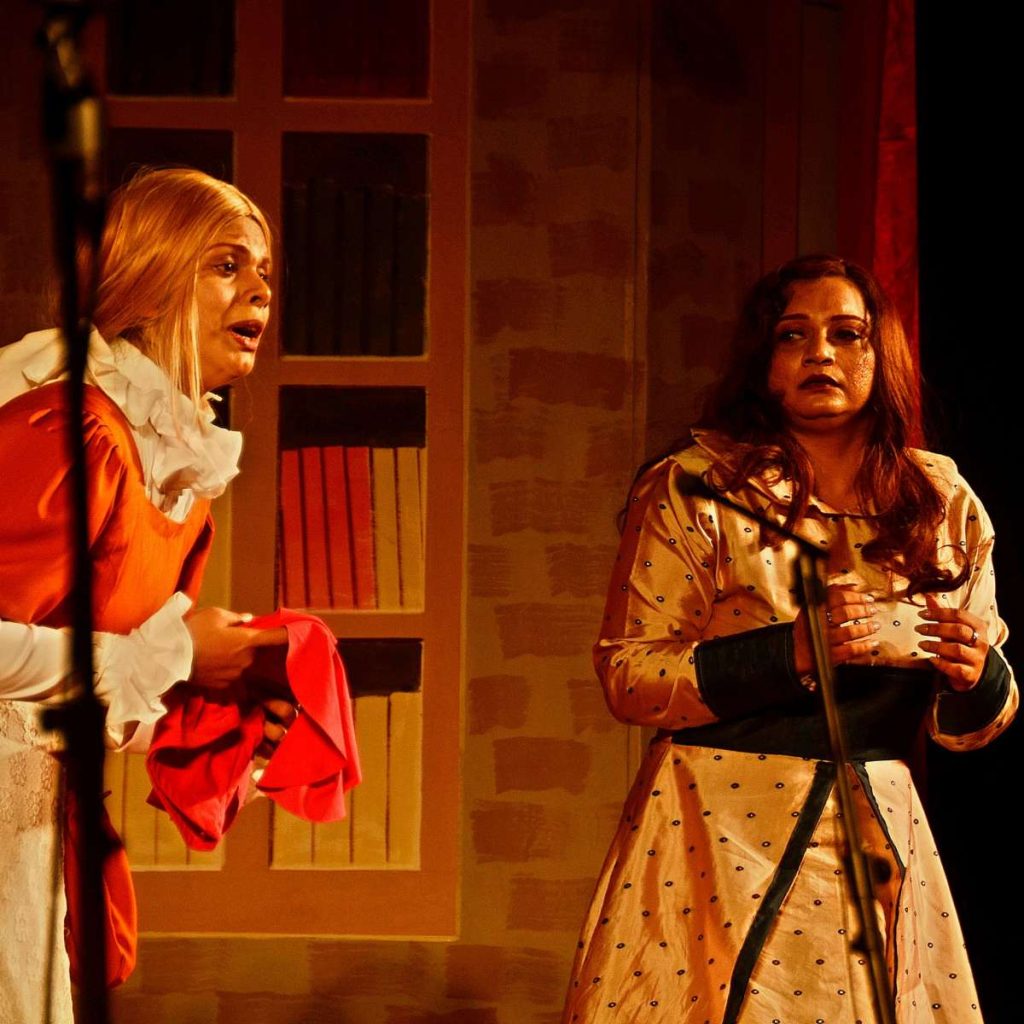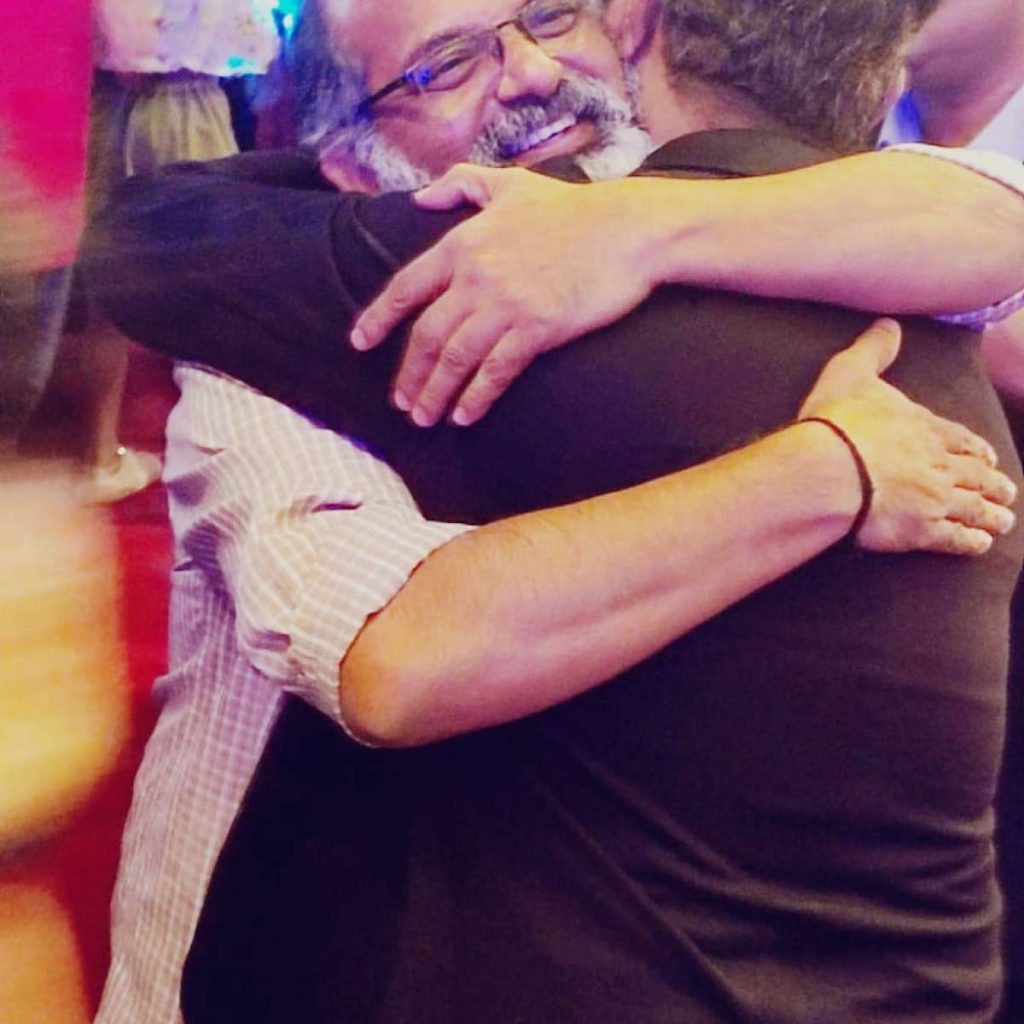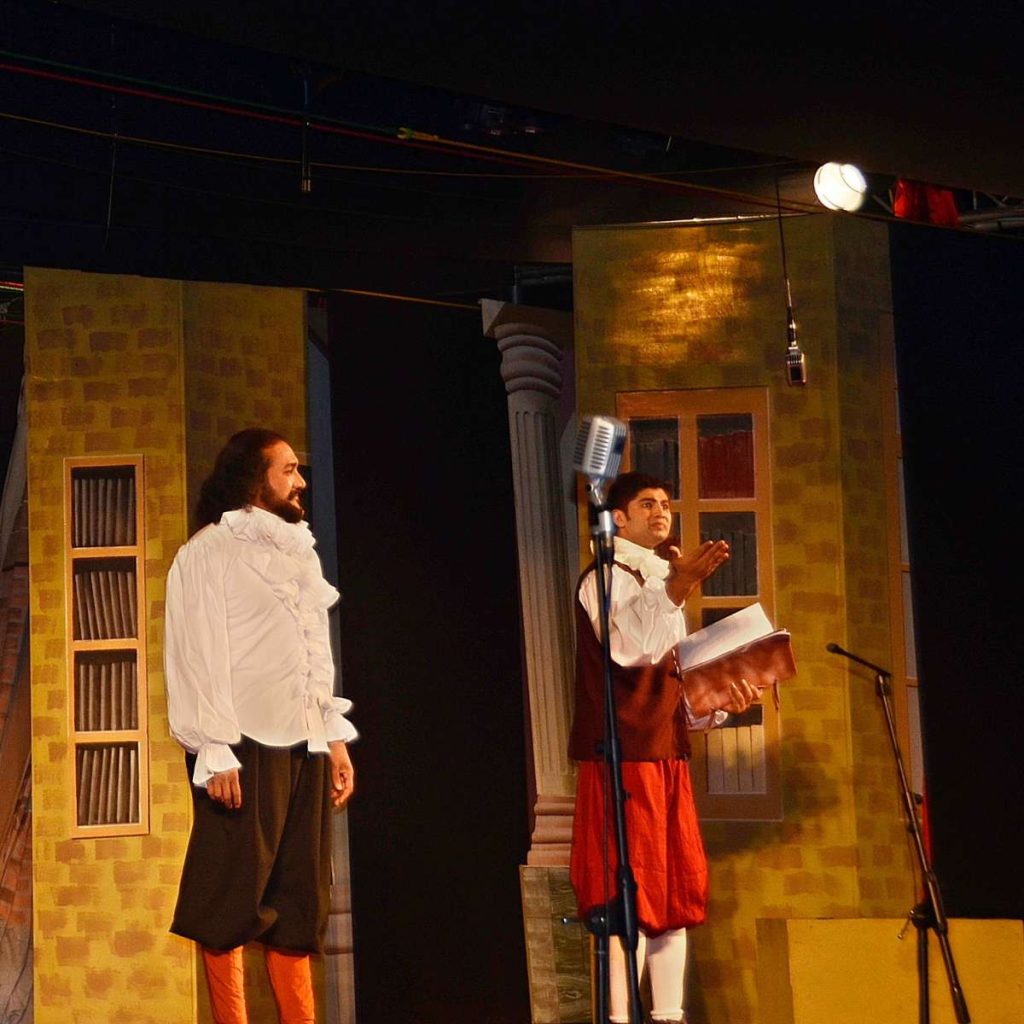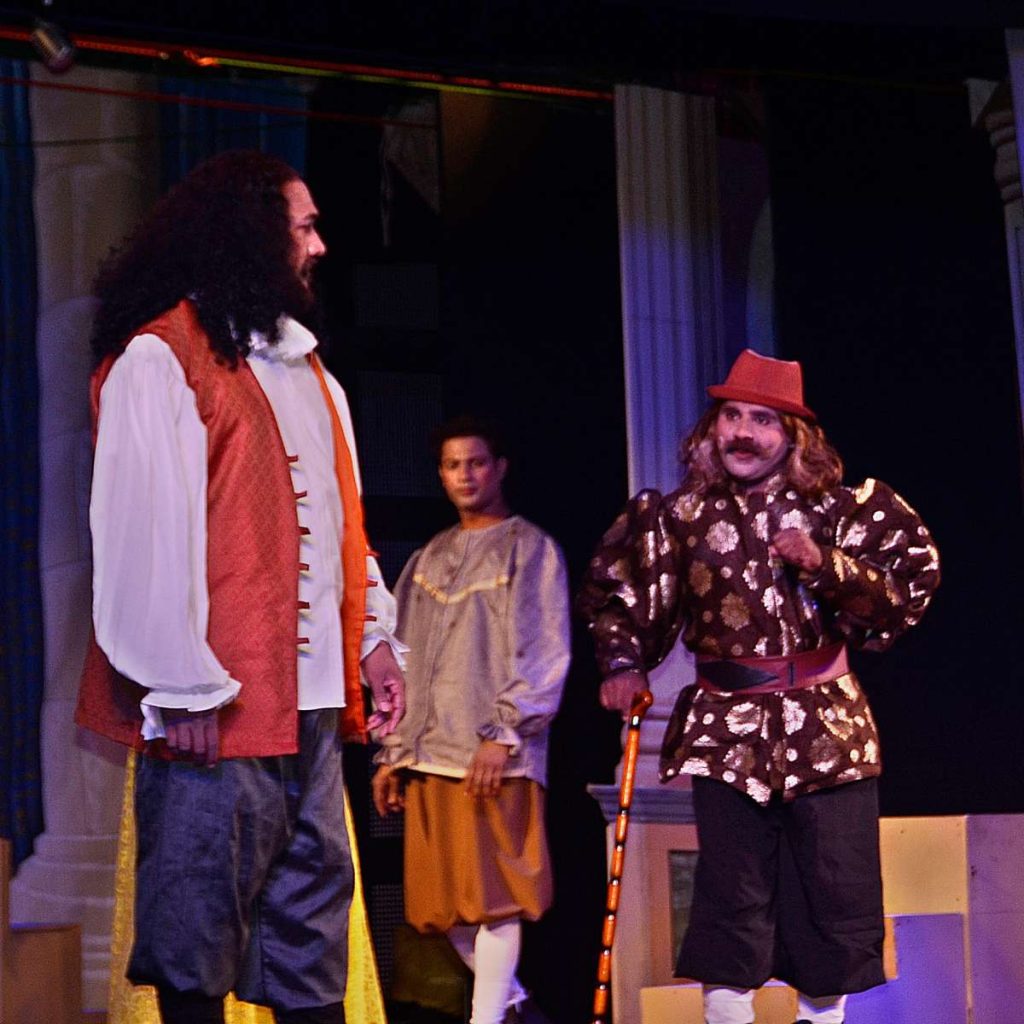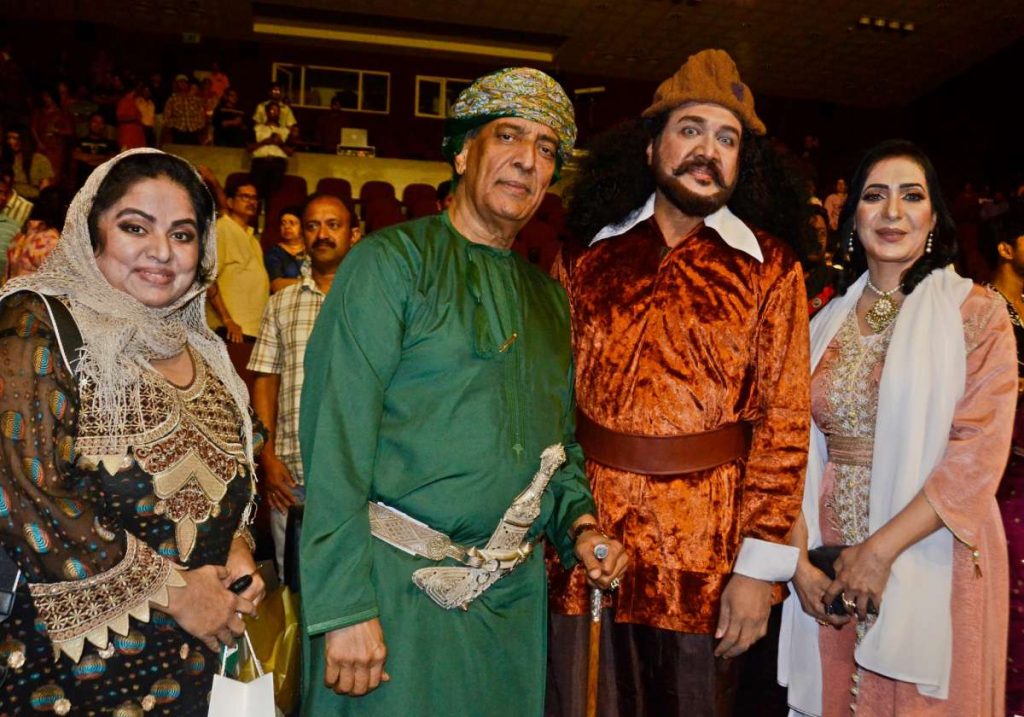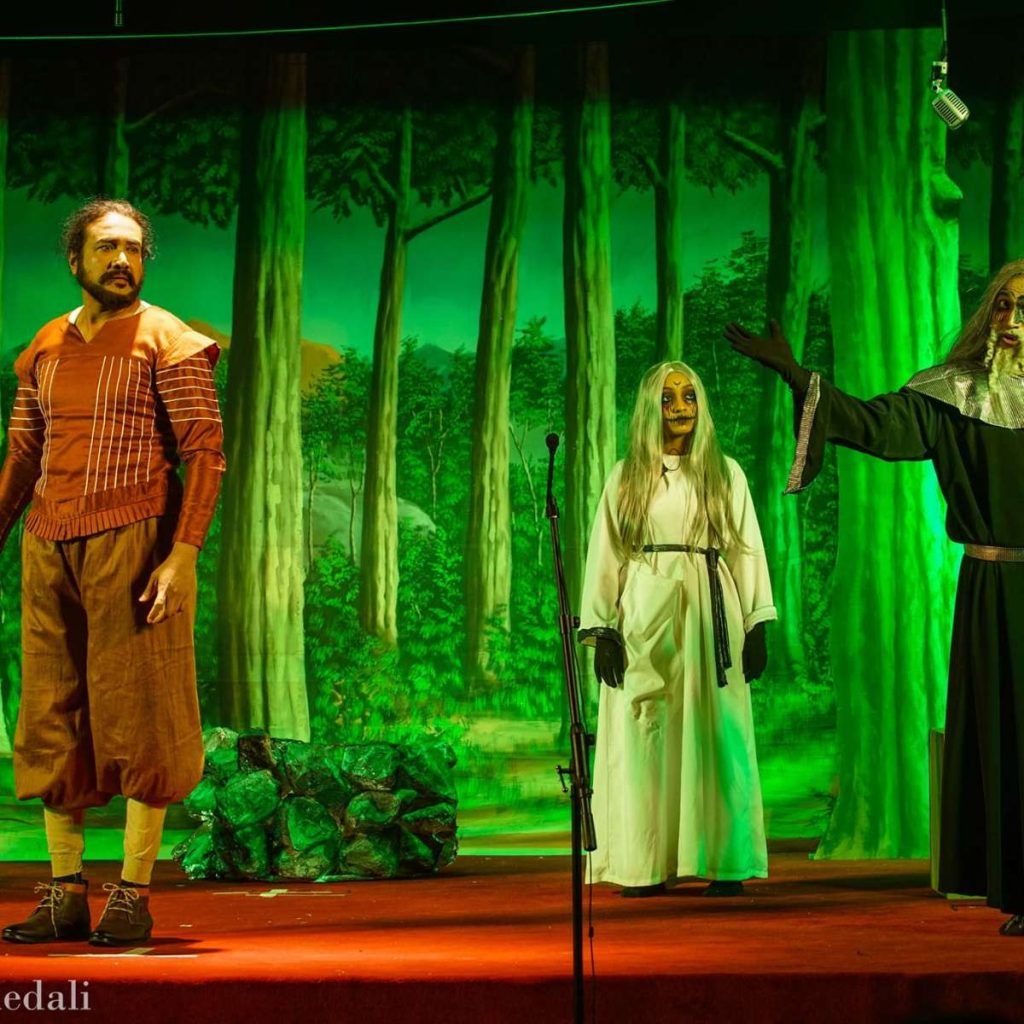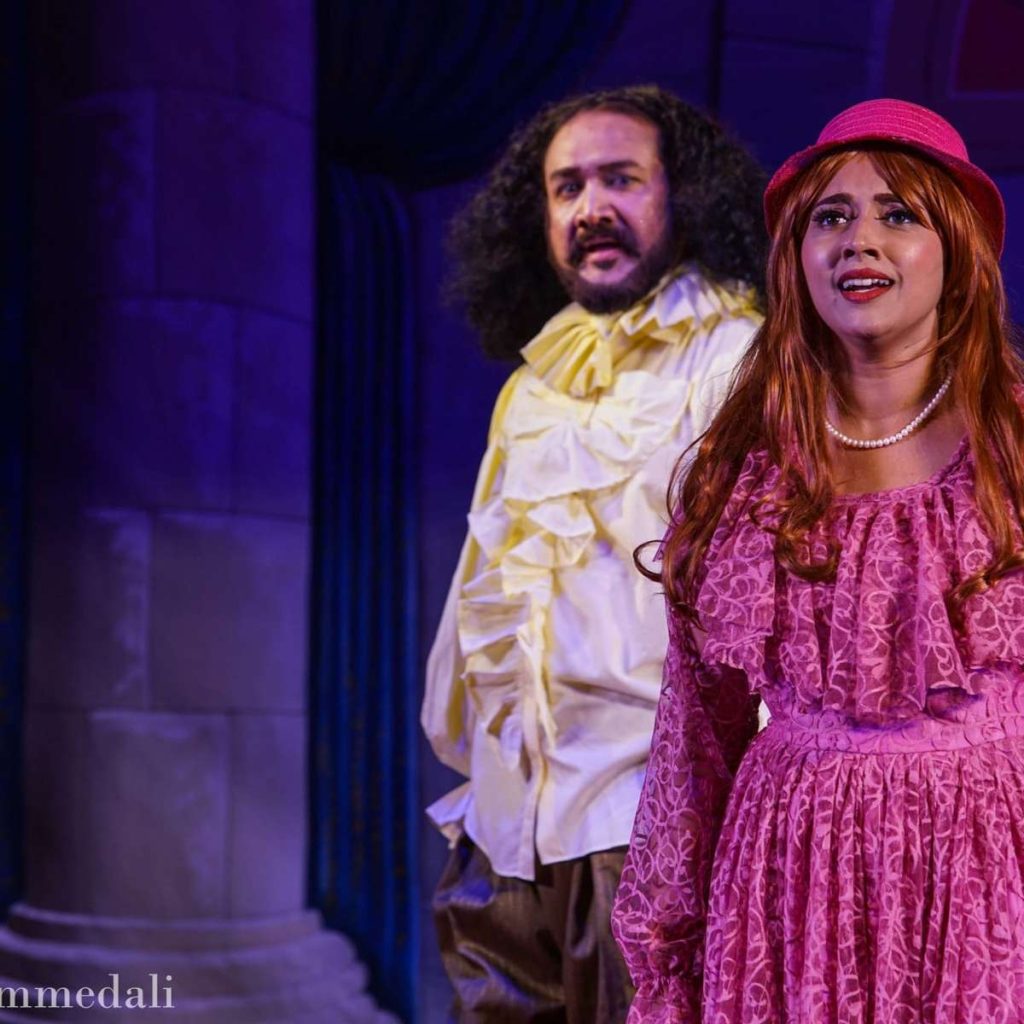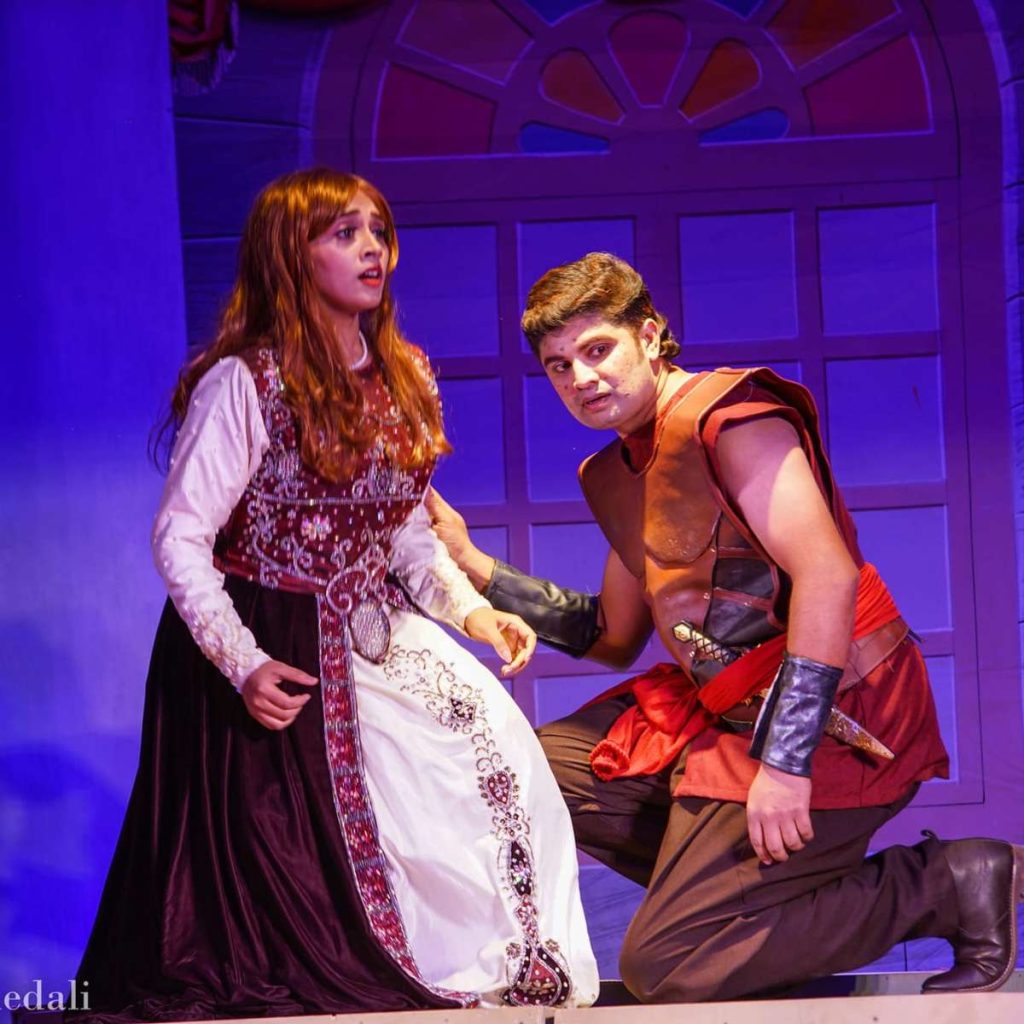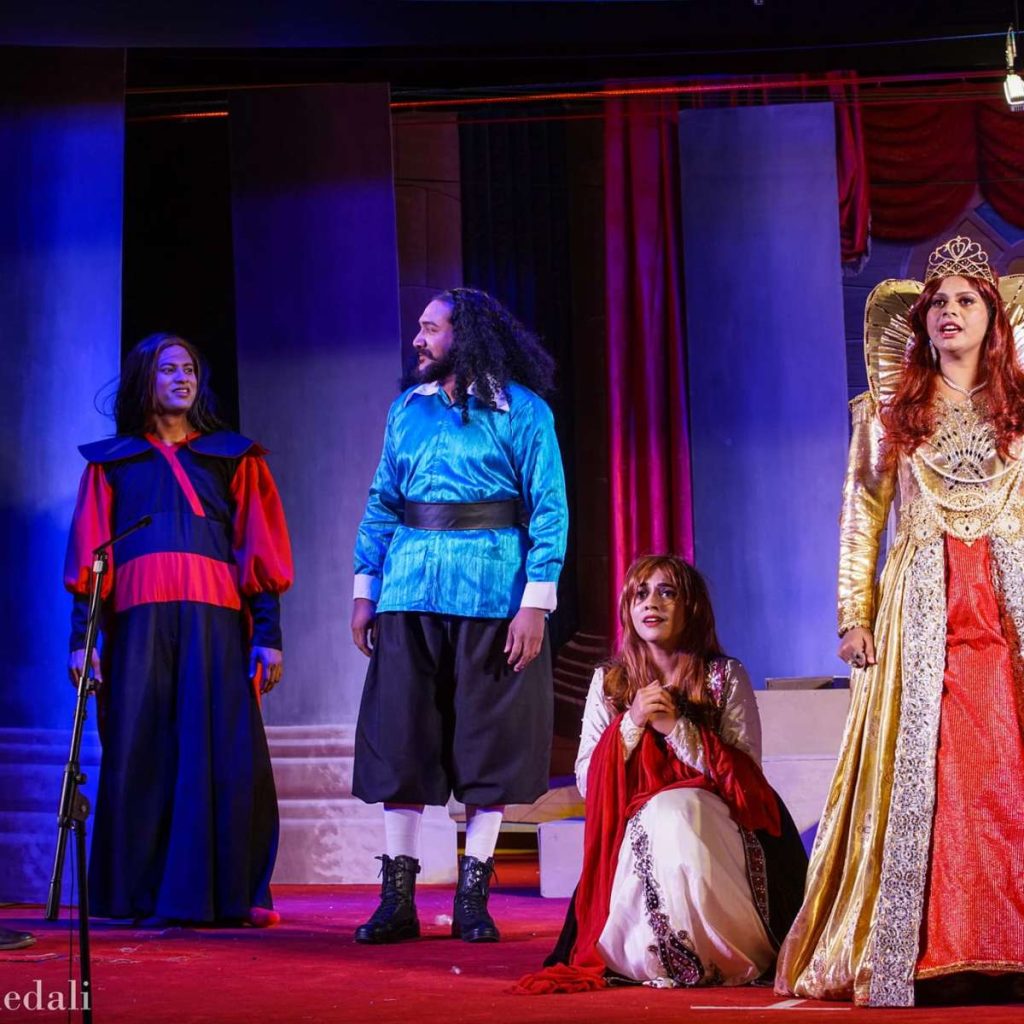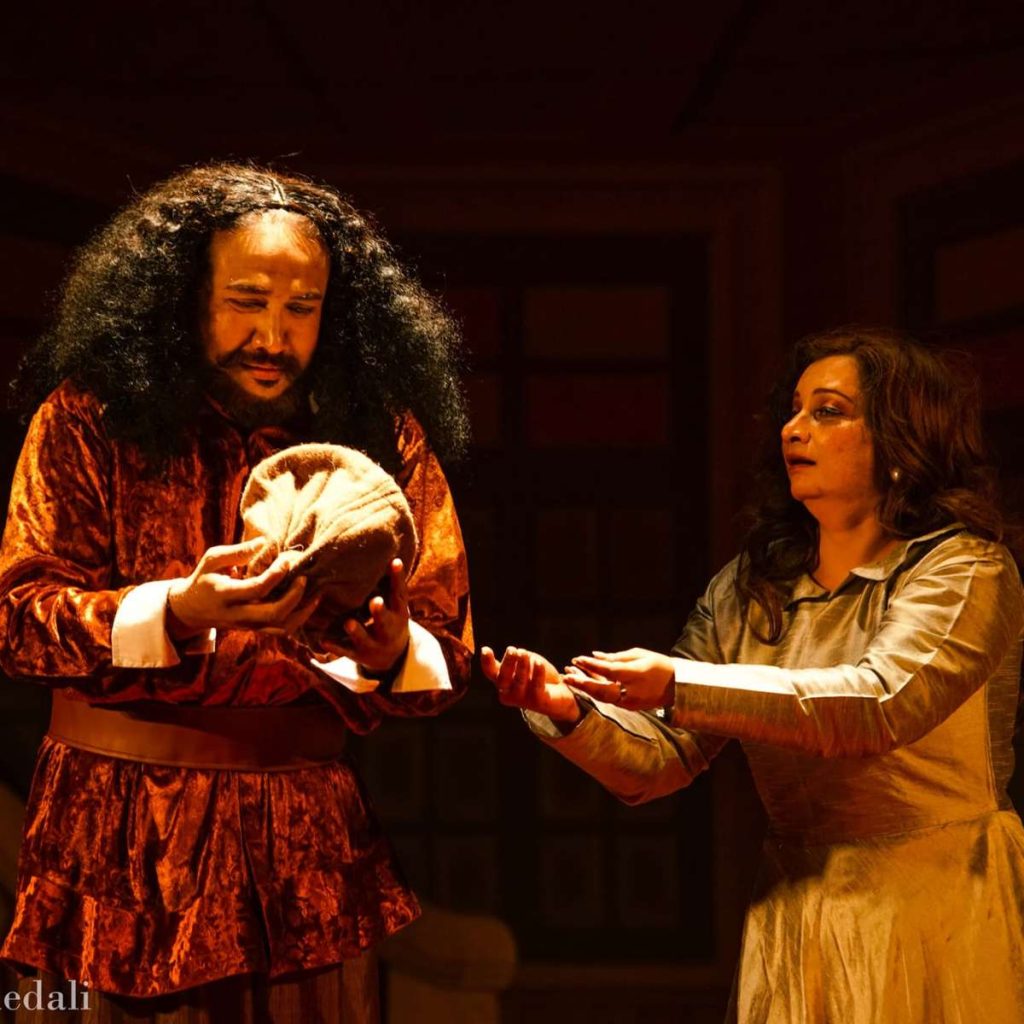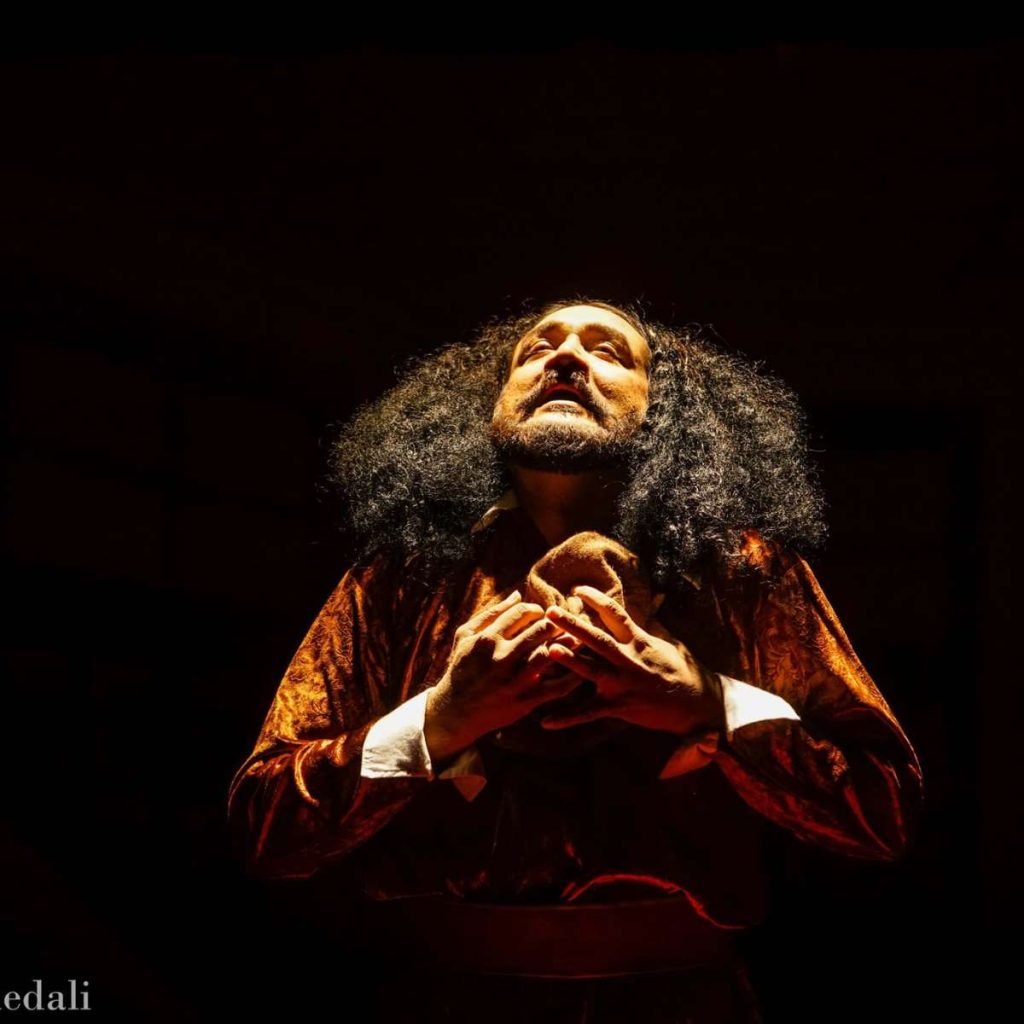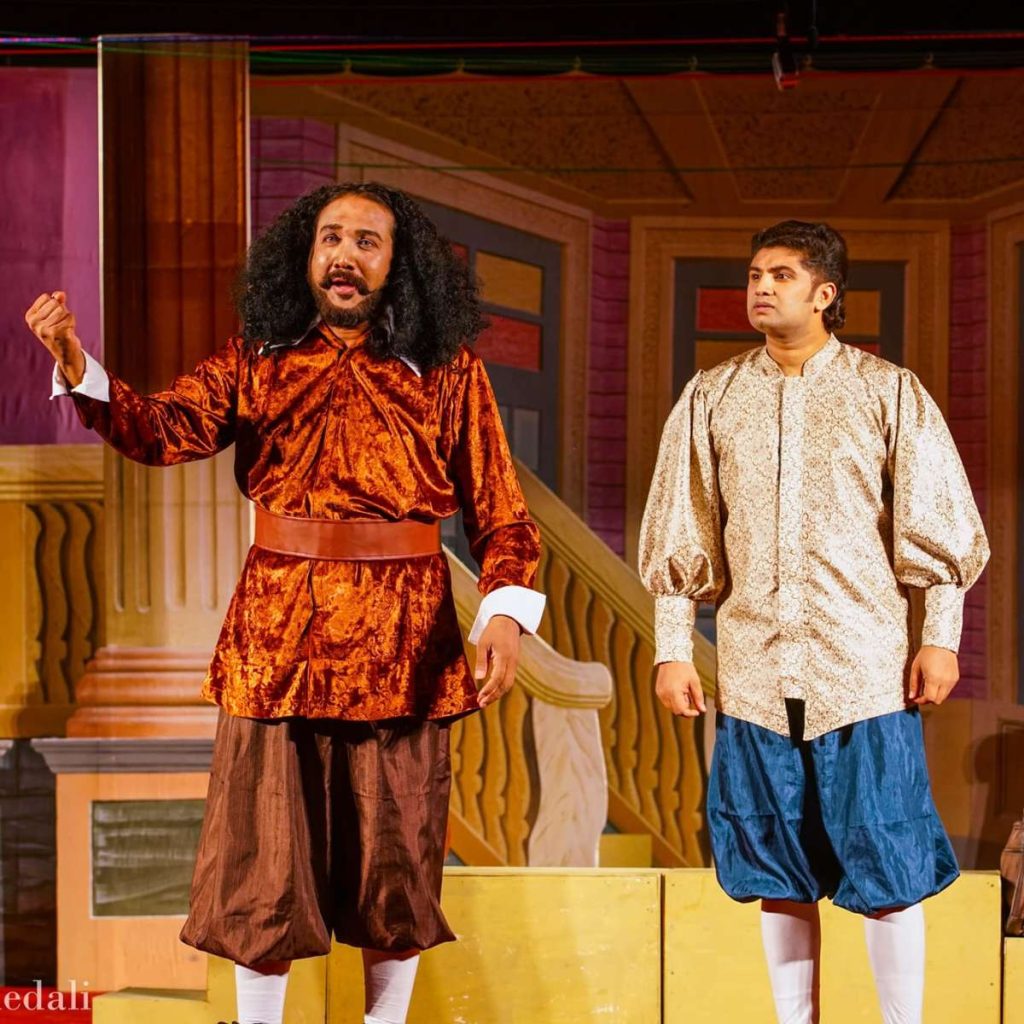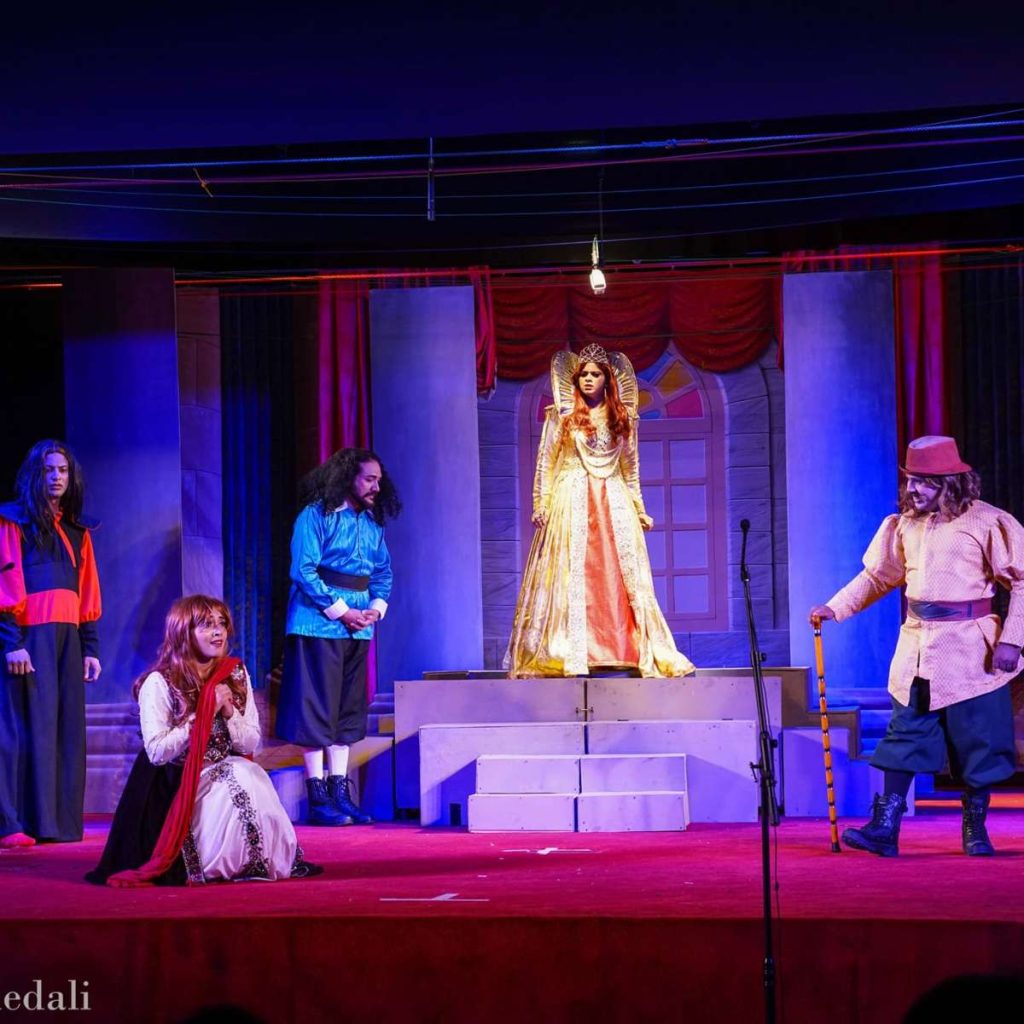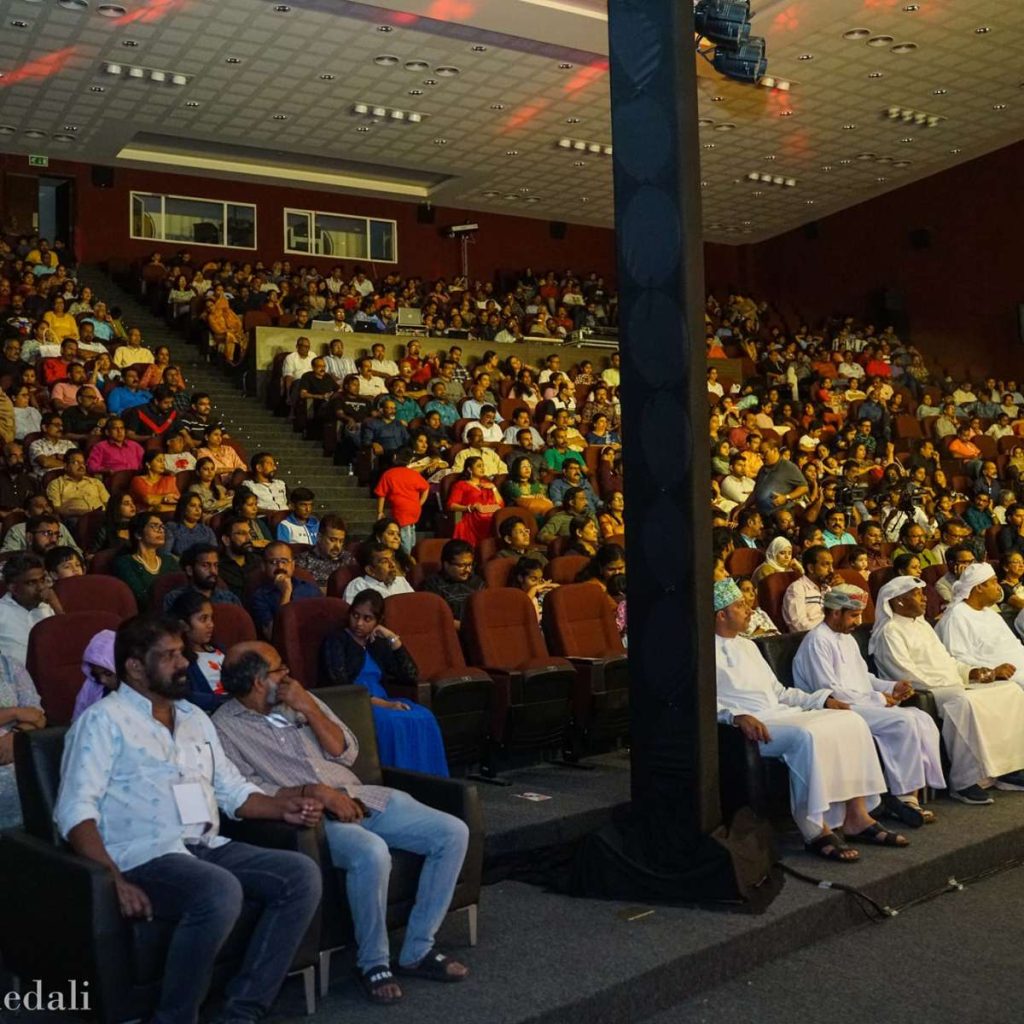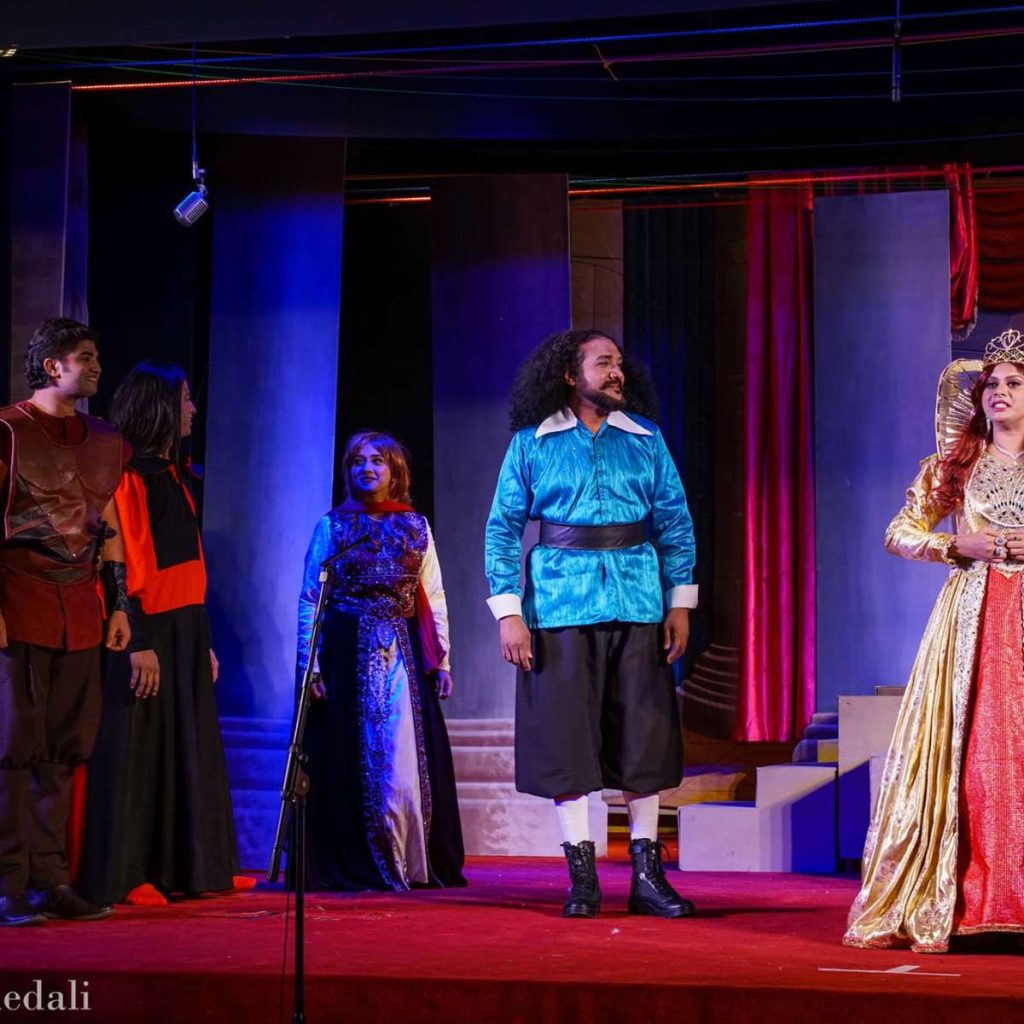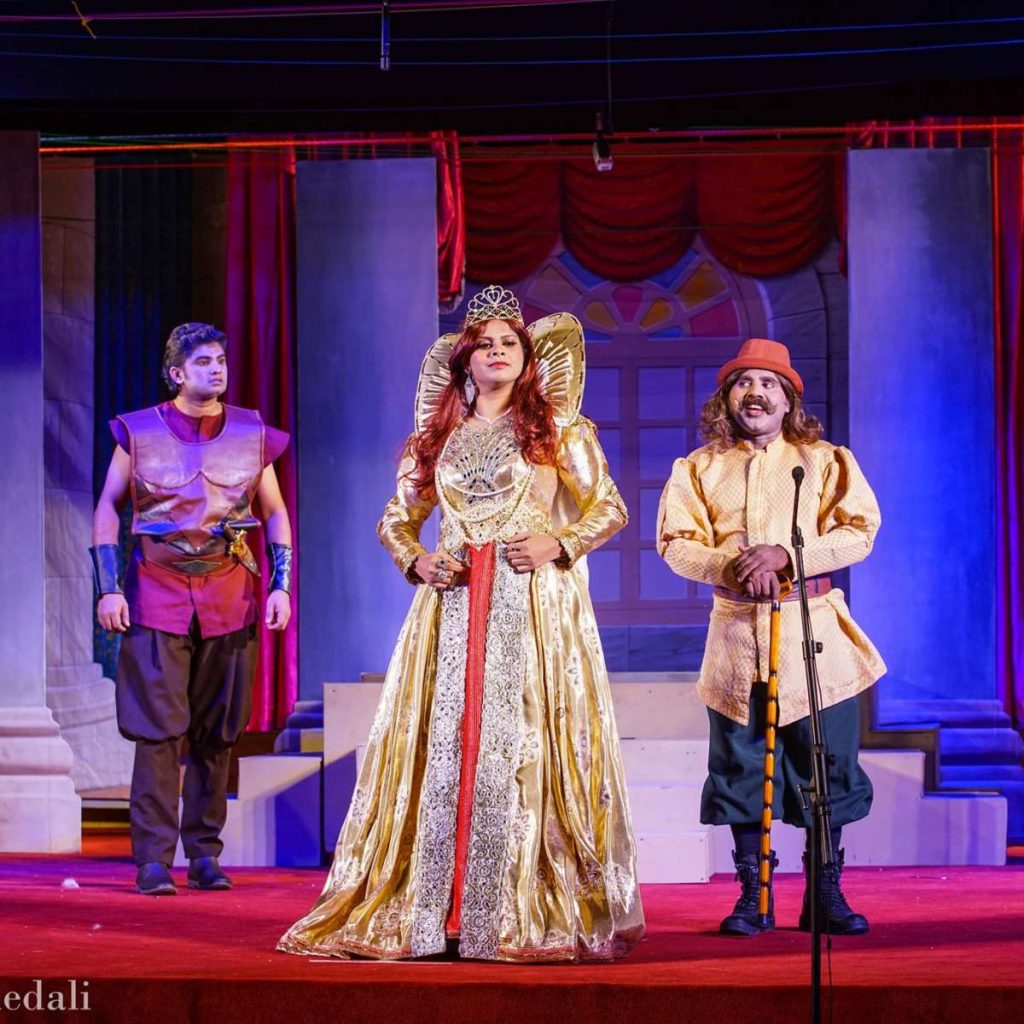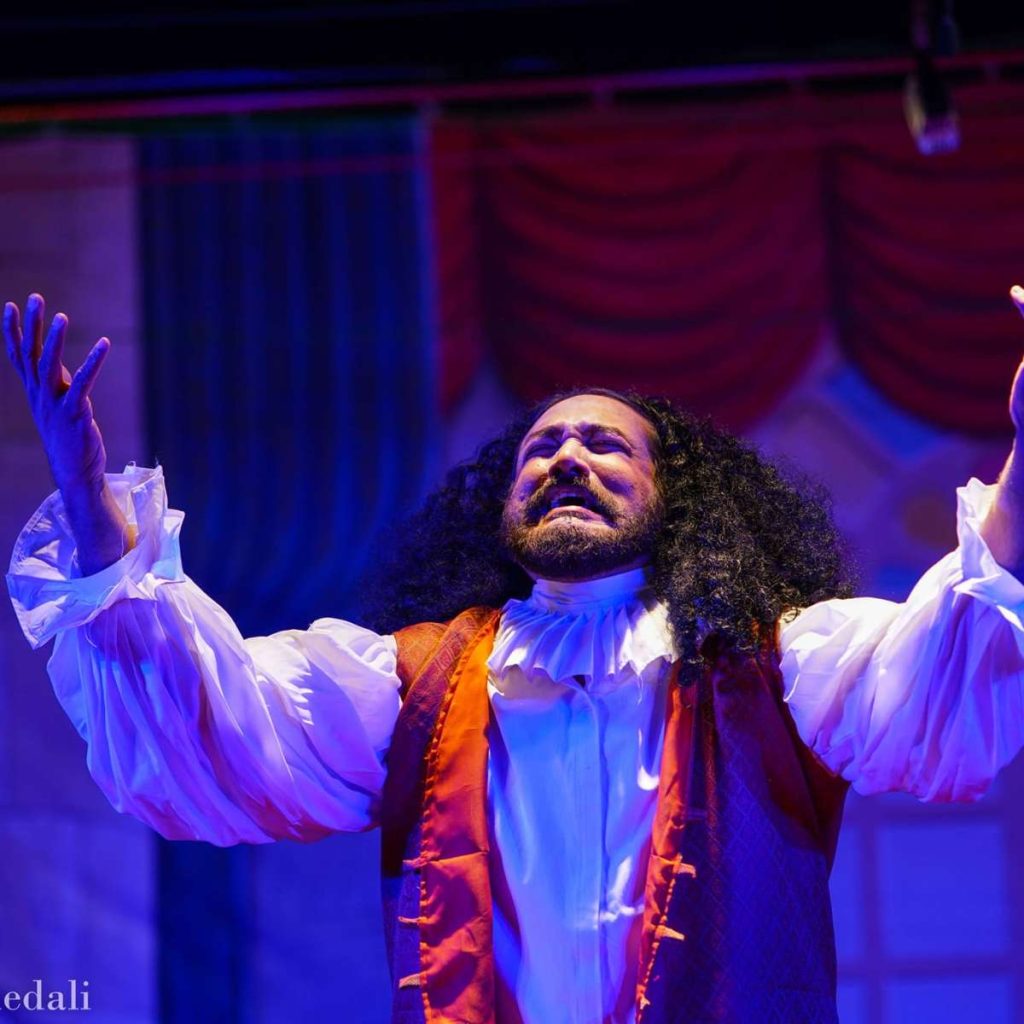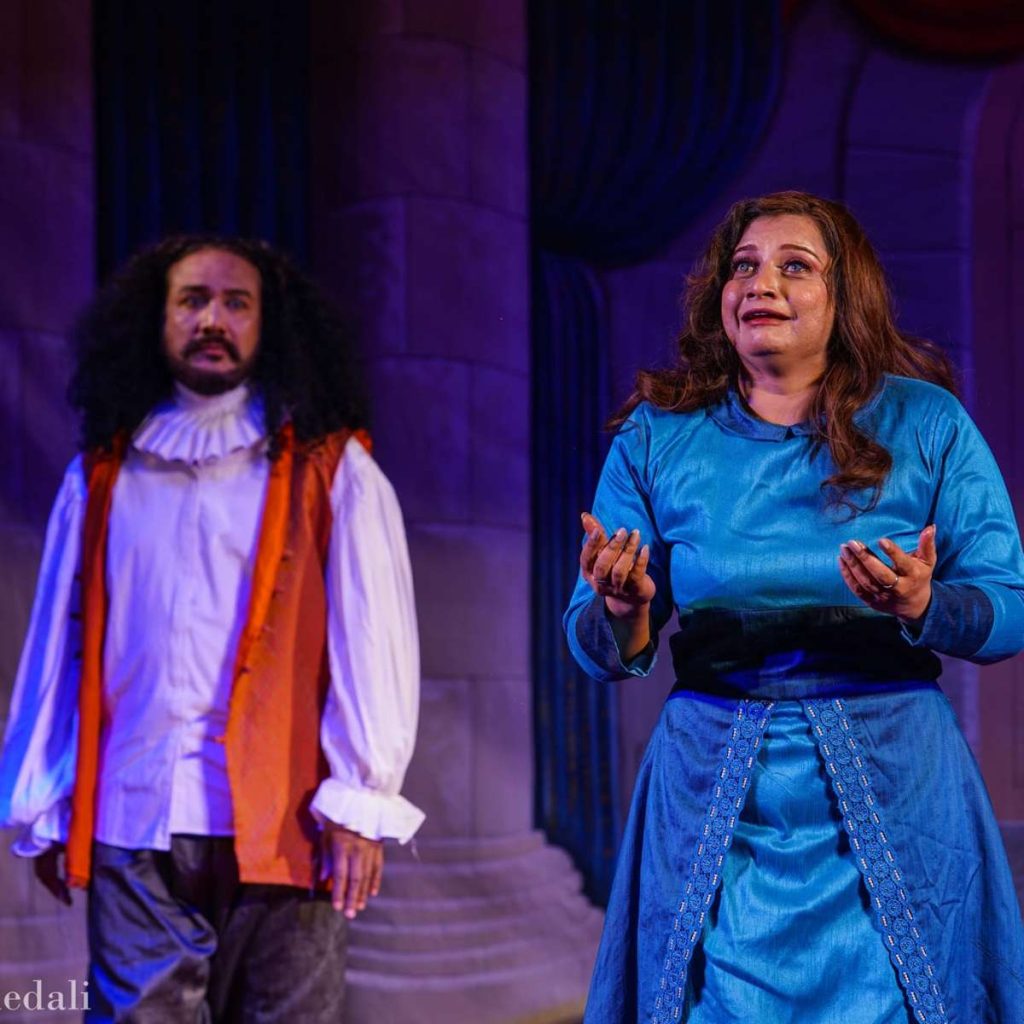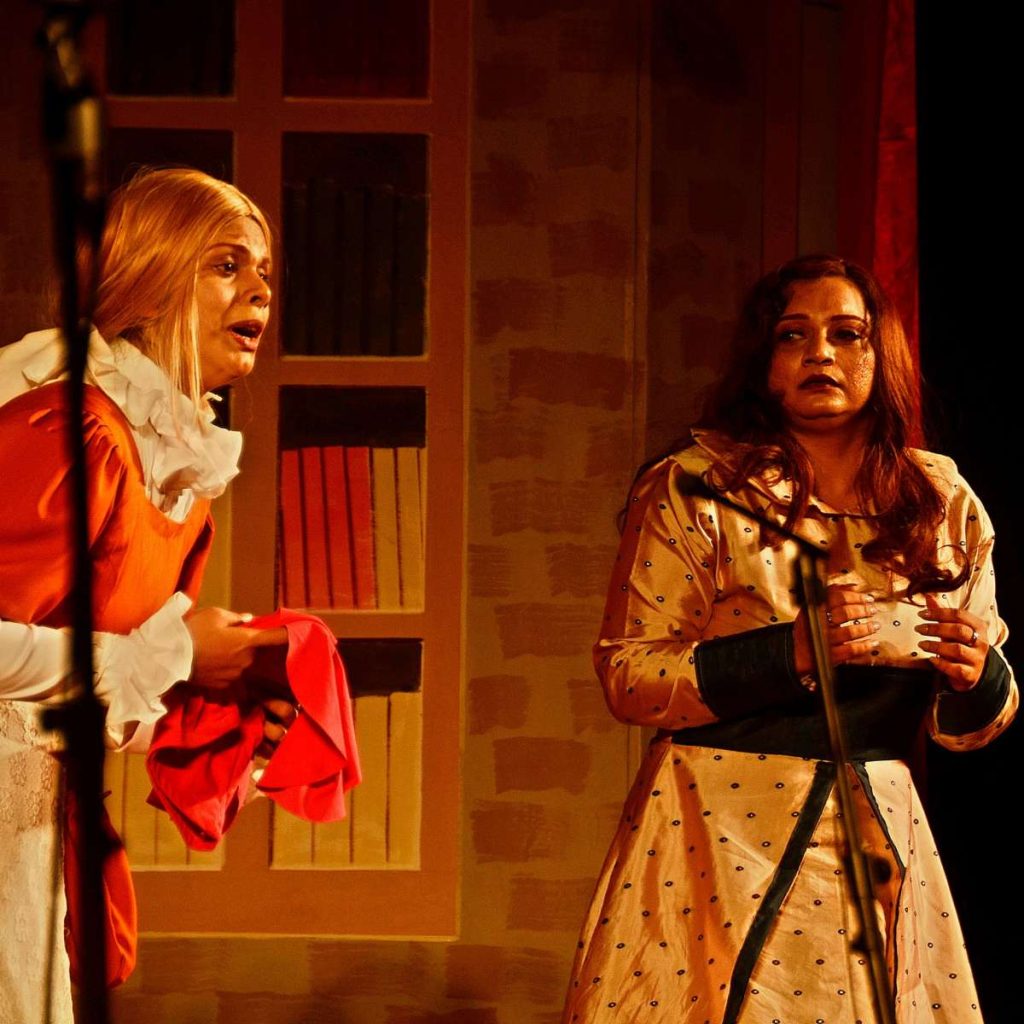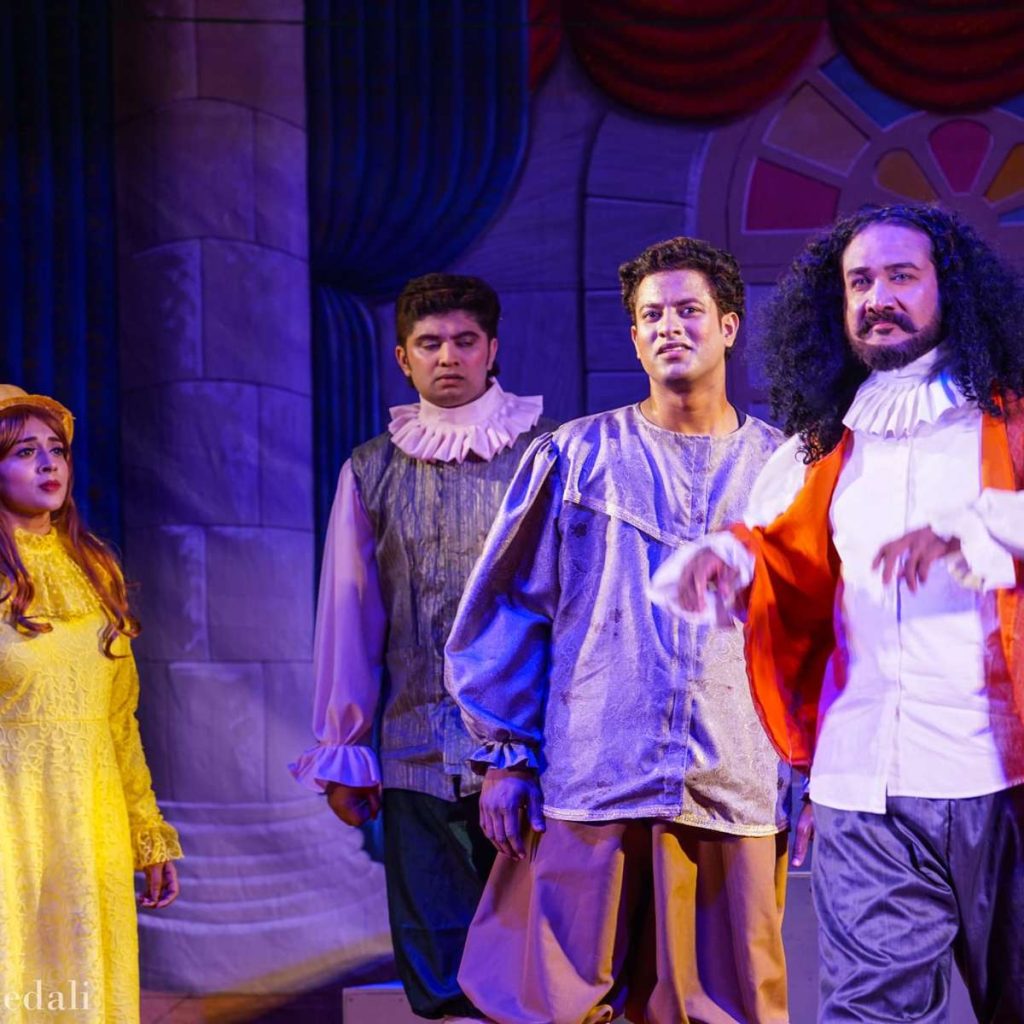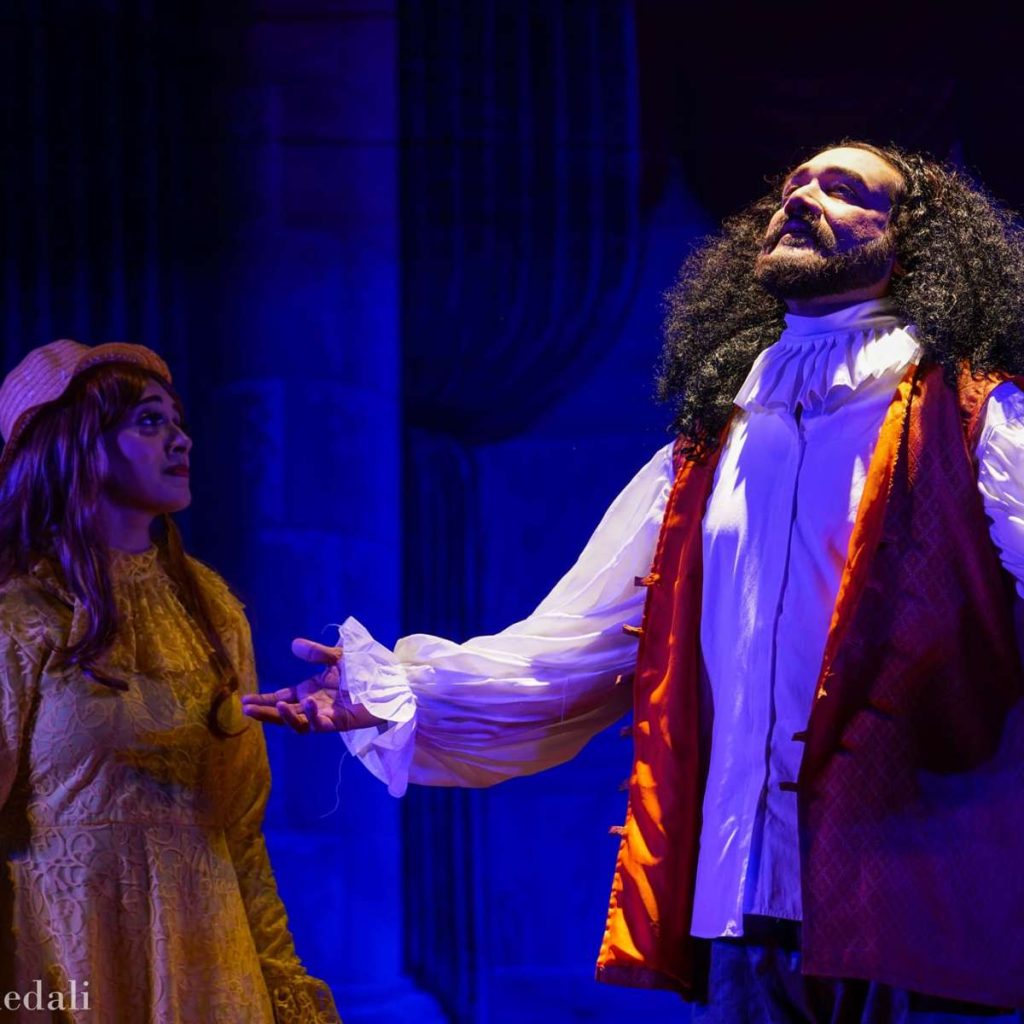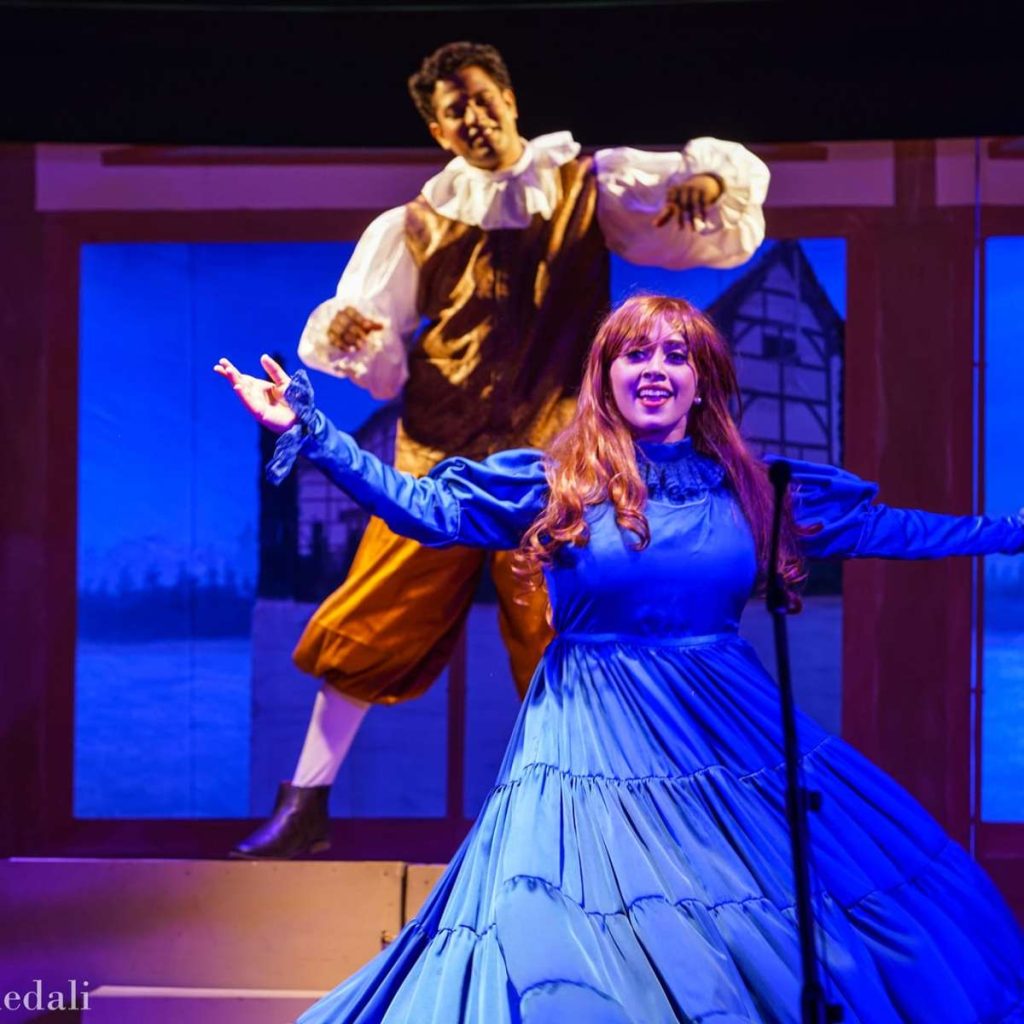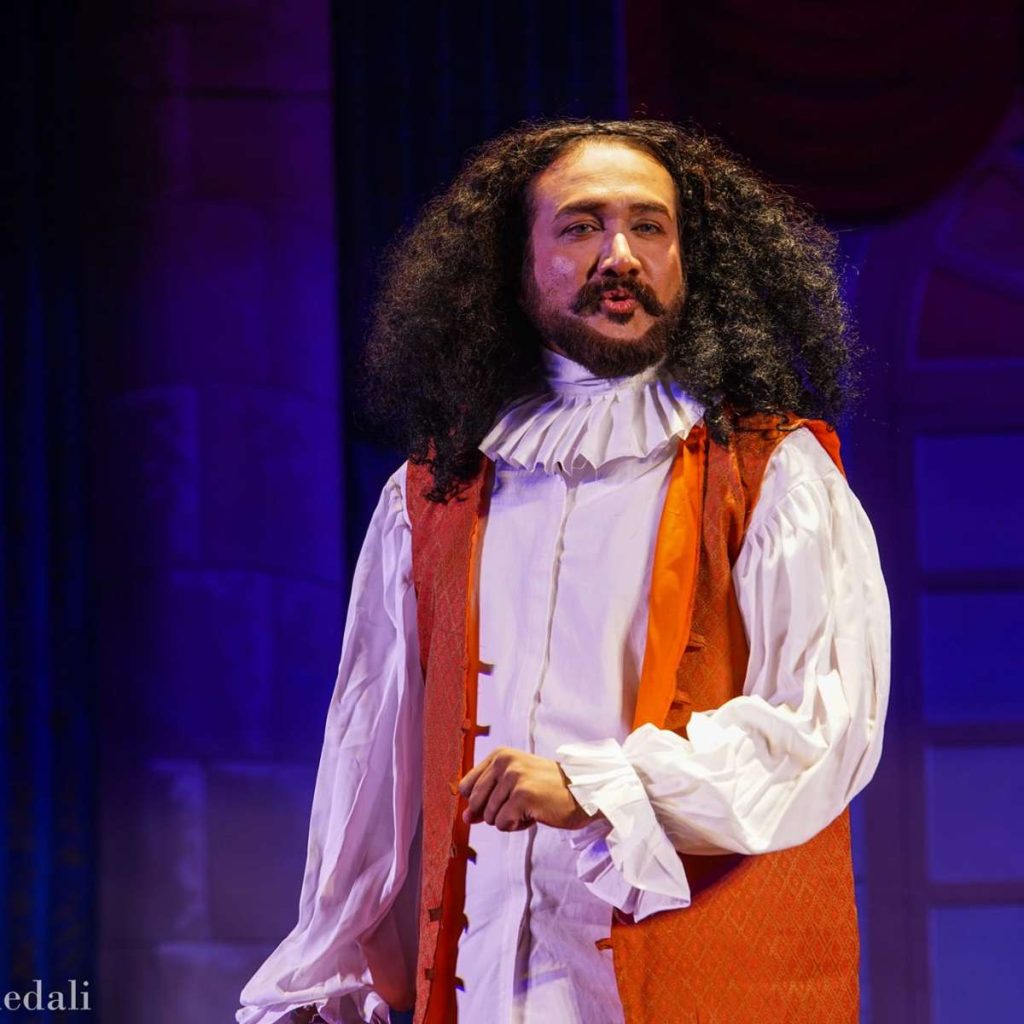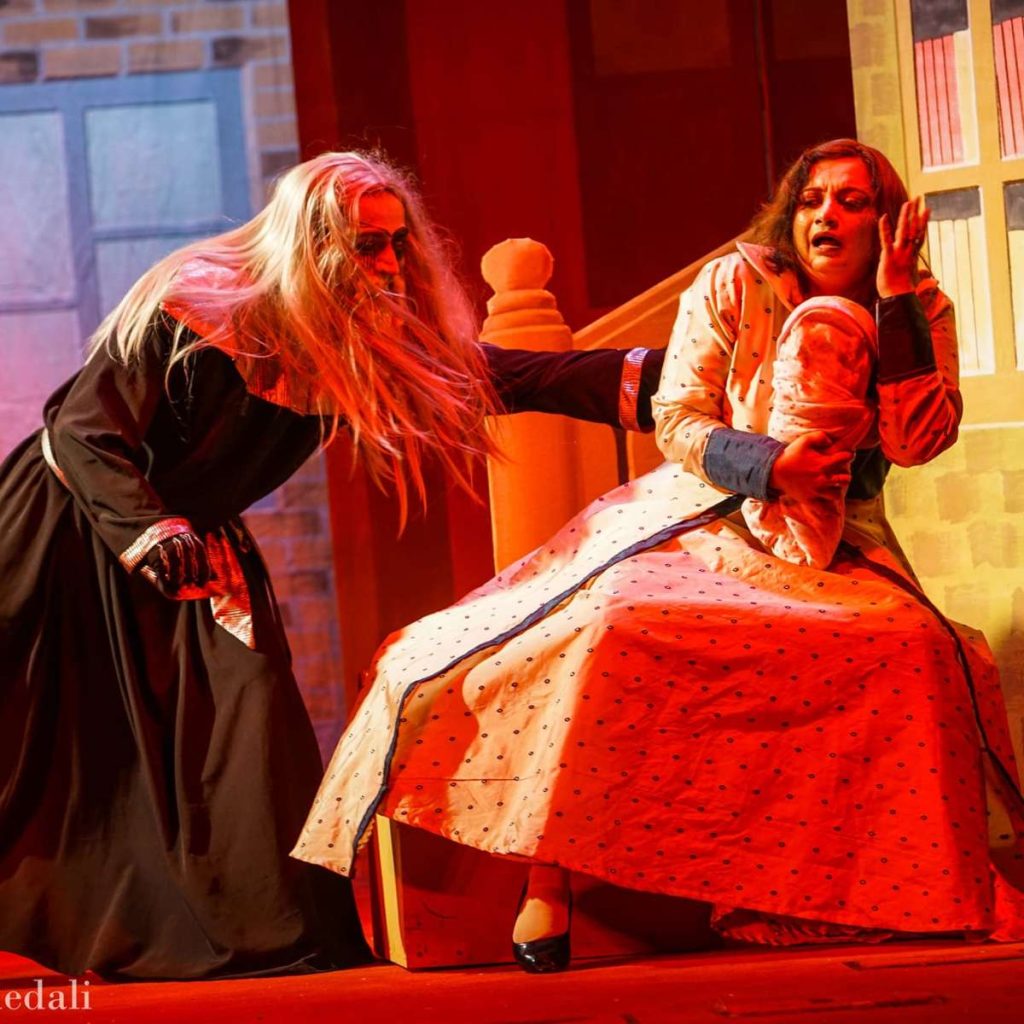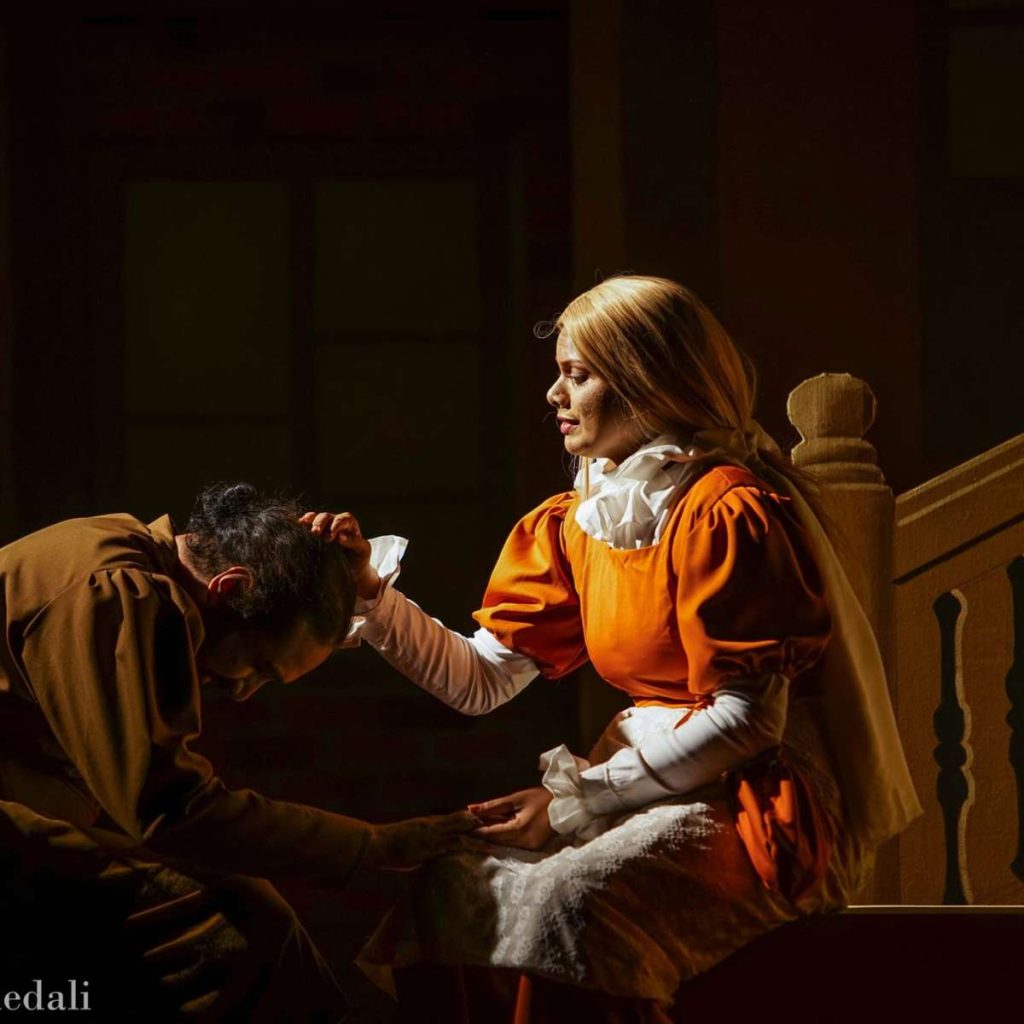Not much is known about Alkazi’s Arab lineage, but the daughter constructs it in the book by interviewing her father’s immediate siblings, the father himself, and discovering some recent material from a few academics on the Arab merchant families who had settled in India, mainly in Bombay…writes Sukant Deepak
As his daughter, he treated her with the utmost care and was loving and protective. As a student, he was a hard, even harsh, taskmaster and pushed her to give her very best. But when she designed costumes for some of his productions, he treated her as a professional and gave her complete freedom to express her creative ideas.
Former Chairperson of the National School of Drama (NSD) Amal Allana, who recently wrote ‘Ebrahim Alkazi: Holding Time Captive’ (Penguin), told that in all these associations, her relationship with the father of modern Indian theatre altered, thus giving her an insight into different aspects of his character, personality, and sense of aesthetics.
Alkazi was not just the founding director of NSD but also someone who lent new metaphors to Indian theatre and metamorphosed it through his unique vision, as through his production of Girish Karnad’s ‘Tughlaq’ at Delhi’s Purana Qila in 1972, which is considered to be one of the finest theatre productions till date, and trained a generation of theatre persons who have been instrumental in breaking new grounds in every sense of the word.
Allana said that in writing this biography, she has had the opportunity to study her father’s life and work in greater detail, albeit more dispassionately.
“Also, yet another aspect of my research included studying his artworks, leading me to curate several projects on him,” she said. “Working on these projects has helped me clarify and gain a fuller, overall perspective of what he aspired for and set out to achieve throughout his life.”
One wonders if the daughter was under any ‘pressure’, considering she was writing about such a towering personality. She confessed that unconsciously she may have felt the pressure, though her father allowed her the greatest freedom to find herself as a theatre artiste.
“Once I left NSD, he never offered any criticism of my work but was supportive of it from a distance. It was my mother, on the other hand, who took a great deal of interest in where I was heading creatively and would ask me about my work. I think my father’s attitude of a certain distance helped me to grow and develop independently,” Allana said.
Not much is known about Alkazi’s Arab lineage, but the daughter constructs it in the book by interviewing her father’s immediate siblings, the father himself, and discovering some recent material from a few academics on the Arab merchant families who had settled in India, mainly in Bombay.
“Several of my first cousins were born in Bombay and left for other countries by the late 1950s and early 1960s, staying back for a full decade after Hamed and Mariam Alkazi, my paternal grandparents, along with some of their children, had left Bombay post-Partition,” Allana recalled.
“My cousins and I went to the same school in Bombay — Cathedral. I grew up with them and around them and experienced how the Arabs lived in India, which was very unlike the way my parents lived. We lived as western-educated Bombayites and artists!” she added with a smile.
Remembering that theatre was not just a profession for Alkazi but an indispensable part of his being, Allana said: “Even at home, practical aspects of mounting productions, as well as the deeper meaning of plays and rehearsals were part and parcel of the air we breathed. As you know, our home at Vithal Court also doubled up as my father’s workspace.”
Many of his students describe Alkazi as a strict disciplinarian, but Allana remembers him as someone very kind, loving, and generous as a father. “Art was incorporated into our daily lives in a simple, organic way, becoming an enjoyable activity in which we all participated,” she recalled.
Stressing that he had a positive attitude to life and was always very optimistic, who believed that great things could be achieved in simple ways, Allana pointed out that for Alkazi it was all about hard work, focus and discipline. She also says that he had a great sense of humour and was brilliant at communicating deep, complex thoughts in an effective simple way.
Someone who has devoted her life to theatre, she feels that not only does the country need more theatre schools, but also professional theatre companies in all the languages, so that trained students can be employed.
“Well, we all know, most NSD graduates tend to gravitate to Mumbai and get absorbed in the film industry,” Allana said. “Others return to their home states and struggle to do theatre in mostly abject conditions. Surely, nearly 80 years after Independence we should have understood that the performing arts need to be subsidised in major ways.”
Stressing the importance of introducing art appreciation courses in schools, Allana said that art widens our horizons and helps us build a sensitivity towards other cultures.
Allana was quick to add, though: “Remember, appreciation is not enough … art needs to be practised. Subjects like dance, music and painting are not given the attention they deserve in any school curriculum. They are treated as peripheral subjects. We should understand that talent and skill for the arts come naturally to us Indians.”
She concluded with a timely reminder: “There are few countries such as India with our rich traditions in painting, architecture, sculpture, dance, and folk performing traditions. A majority of Indians are artistically inclined; it is in our genes. We should have special schools devoted to the arts of India, which will allow children to create and fashion art from a young age so that these traditions do not die out.”
ALSO READ-‘Theatre Enriches an Actor’s Soul’

